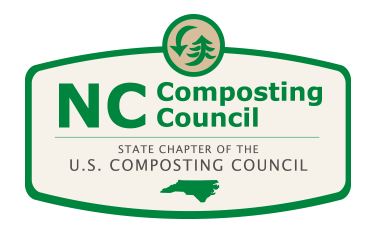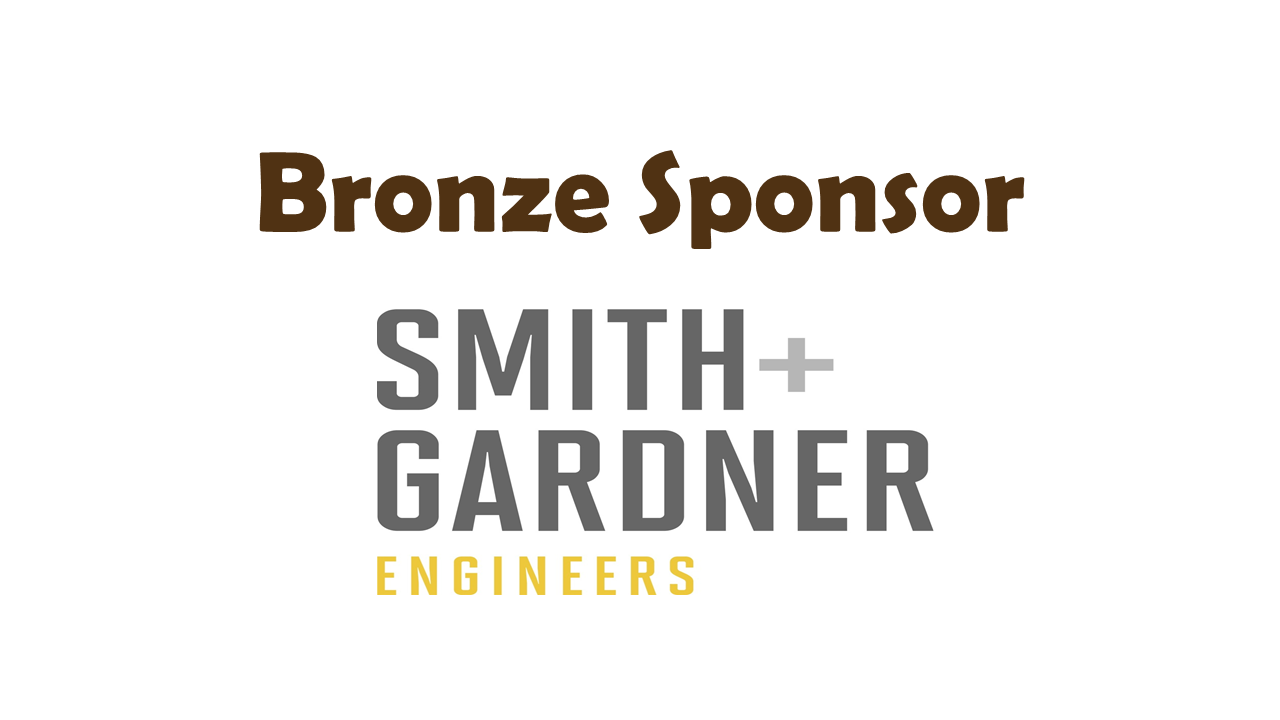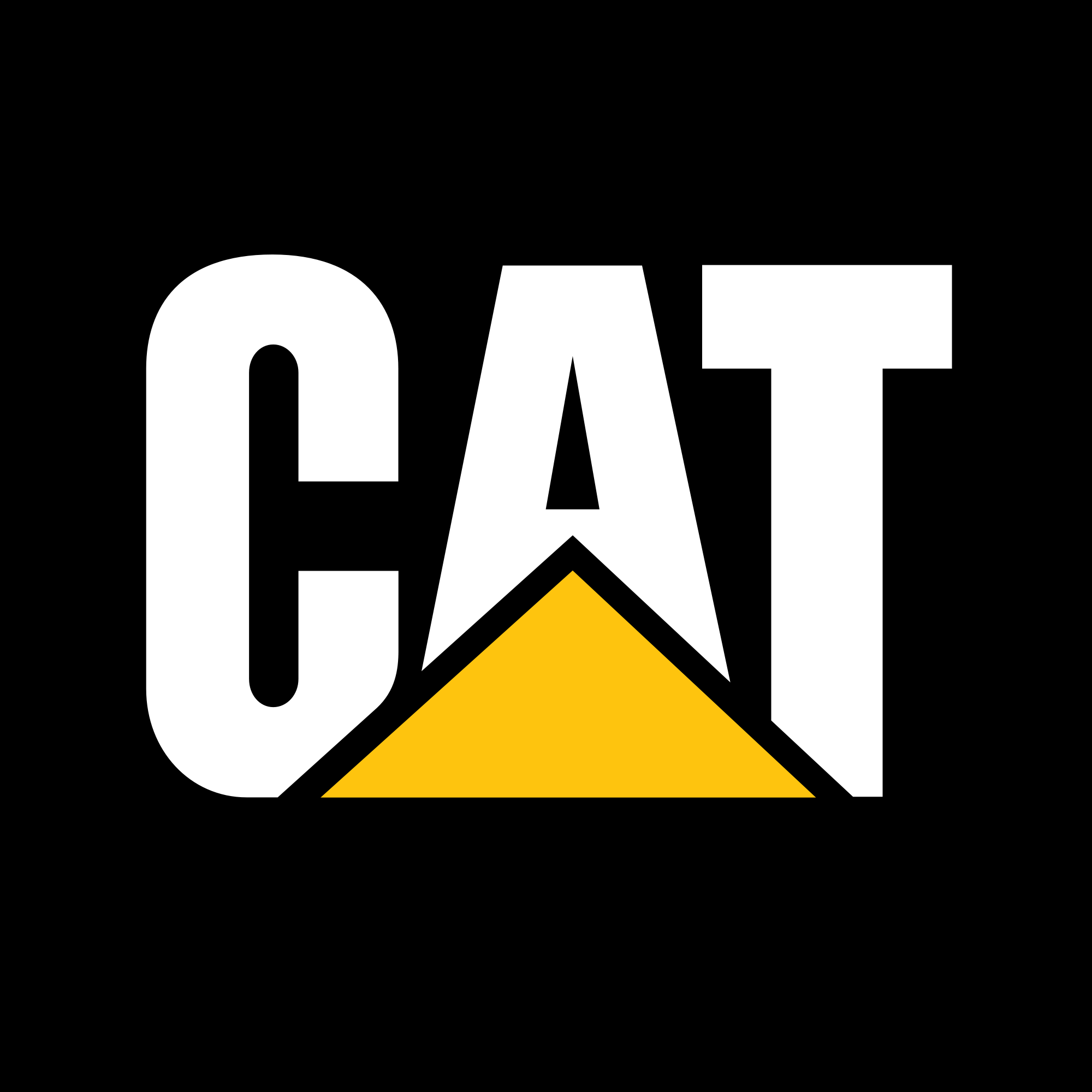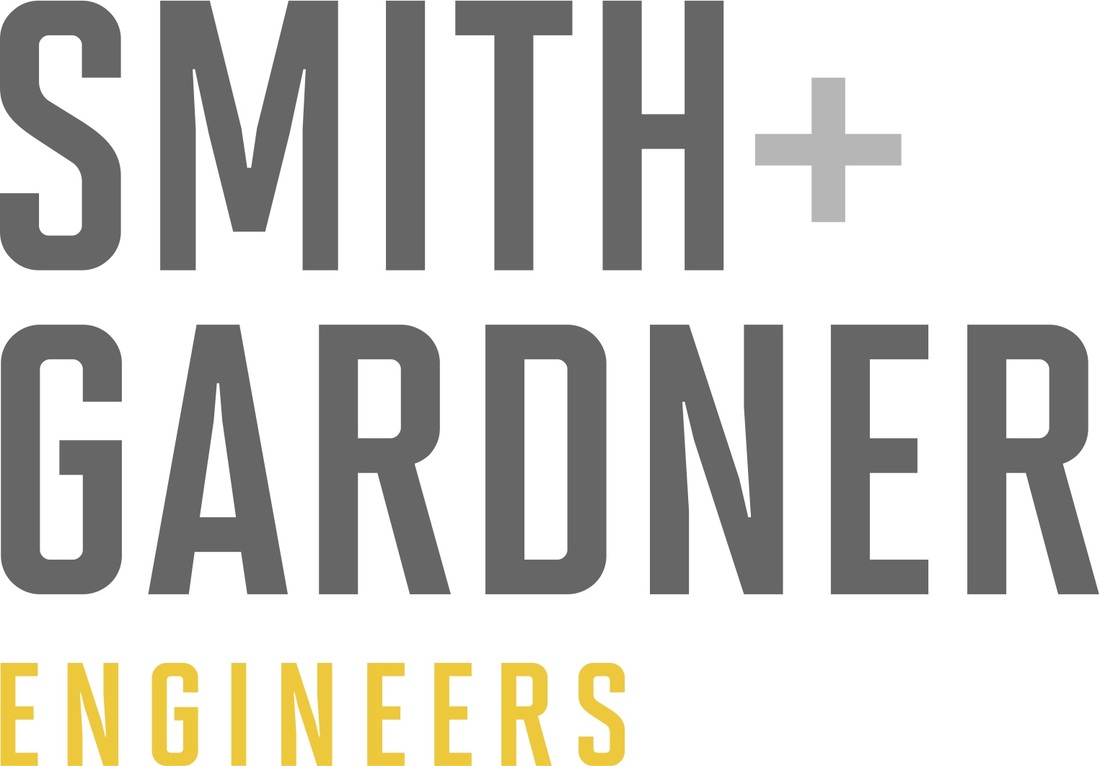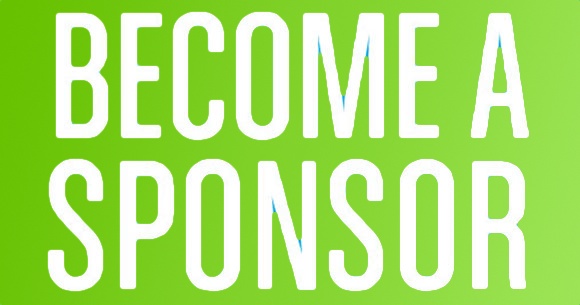The 2024 NCCC Grant Cycle Is Closed
The North Carolina Composting Council is proud to support the efforts of individuals and groups working toward keeping organic materials out of the waste stream and developing composting programs. We are currently offering two $1000 grants to be used for furthering composting, compost use, or compost education in North Carolina.
The project cannot be for home use and must benefit a community or the industry. Projects can include anything from educational materials to materials for composting units to university studies.
Applications Due By August 15, 2023
If you have any questions about your project’s eligibility, please contact info@carolinacompost.com. Awardees must be able to present at our Annual Members Meeting, which will be held in mid-June of 2024.
If the committee determines an applicant needs to interview, it will take place between September 15-29. Awards announced in October. Funding disbursed January 2024.
2023 Grant Recipients
Crystal Coast Compost- $1000
Crystal Coast Compost is a small-scale community composting servie located along the cost of Eastern NC. Crystal Coast Compost used the grant funding to provide several 48-gallon totes, educational compost materials, and training to Queens Creek Elementary school to help with their school’s sustainability initiatives.
Tierra Fértil Coop
Tierra Fértil Coop promotes access to resources and capacity to produce food and stimulate food justice and racial equity in the local food and agricultural system. Tierra Fértil Coop used the funding to organize a “Composting for Beginners” training in Spanish with members of their Farmer Coop and other Hispanic community members in Henderson County.
Western NC Food Justice Planning Initiative
The Western NC Food Justice Planning Initiative is comprised of 36+ stakeholder organization dedicated to collectively improving our food system.
The Western North Carolina Food Justice Planning Initiative (WNC FJPI) used their funding to:
– Build a 3-bin rodent-proof compost unit at Woodson Branch Elementary. This project accepts community scraps and serves as a pilot for composting the single-use paper towels from the school’s bathrooms. The unit was designed to be an example for the surrounding community who may be interested in their own composting systems but have concerns about the rodents and other animals that can be problematic in their region.
– Host a vermicompost class at Hot Springs Elementary School. This workshop educated nearly 30 participants in the unique advantages of composting scraps to create rich worm castings. The class was taught by a member of the community with over ten years’ experience and participants built a unit together and a door prize of a second unit was given away. Participants could purchase worms to start their own production at home and feedback was overwhelmingly positive.
Other Past Grant Recipients
Every Tray Counts
Every Tray Counts works with children, parents and communities to promote responsible purchasing and waste diversion practices in North Carolina schools by replacing lunchroom polysytrene trays with a sustaimable alternative and diverting lunchroom compmostable materials away from landfills.
Success
In August 2013, after working with the volunteers of Every Tray Counts, the Chapel Hill-Carrboro City Schools committed to use compostable trays instead of polystyrene trays with the start of the new school year. Since then, Every Tray Counts has helped schools divert tons of compostable waste to a compost facility, and removed thousands of polystyrene trays from the waste stream. NCCC thinks this is an effort worth investing in.
Grant Goal
In early 2018 Every Tray Counts approached NCCC for funds to help it finish its first NC Schoolkit for Composting, a roadmap to improve sistainability in the school lunch room. The NCCC awarded a grant of $2500 to Every Tray Counts.
Results
Sue Scope of Every Tray Counts writes “Your grant made it possible to take another step in our work to expand the reach of Every Tray counts. With your grant we were able to finish our new School Kit and redesign our website to promote it.”
Garbage to Gardens
Garbage to Gardens is a program designed to divert school-waste streams from the cafeteria for better uses than landfilling, via composting and recycling. Garbage to Gardens leverages community partnerships to helps schools become more sustainable in New Hanover County. Garbage to Gardens aims to transform the community through environmental education, outreach, and institutional behavior change.
Grant Goal
In 2020 Garbage to Gardens, a cooperative program started by the Coastal Composting Council, requested funds to create a short video to promote it’s school sustainability program.
Results & Success
Bootscrap Productions created an informational video for the Garbage to Gardens Program to use to promote its program. Students from Winter Park Elementary School participated in the production to advocate for waste diversion stations in school cafeterias. This was the first hard deliverable created by Garbage to Gardens to recognize it’s program, which originated in 2019. After this grant Friends of the New Hanover county Arbroetum sponsored the program’s first program coordinator, Kat Polk. After successfully piloting this program, Matt Collogan, from the NHC Cooperative Extension, secured a $180,000 USDA grant to expand this school composting program between 2023 and 2025. The NCCC is proud to support this type of grassroots work that leads to long-term, community-level change and the promotion of compost.
If your organization’s mission is in line with the mission of NCCC and you are in need of funds for a special project or to step up to your goals, please submit a grant proposal by emailing it to info@carolinacompost.com.
![]()
